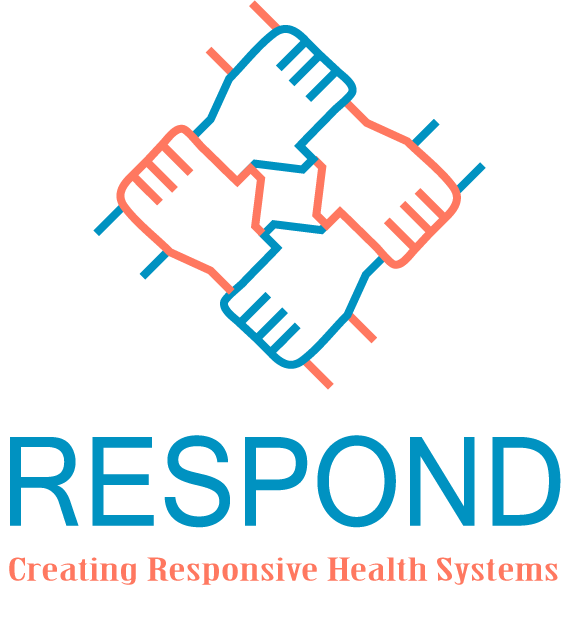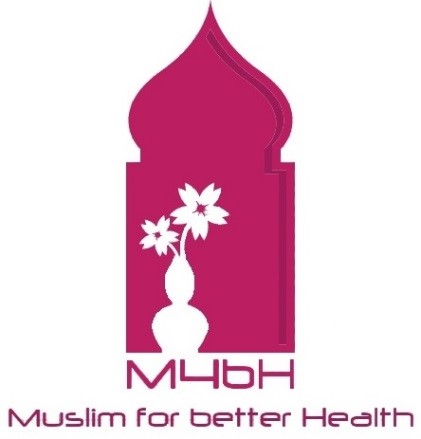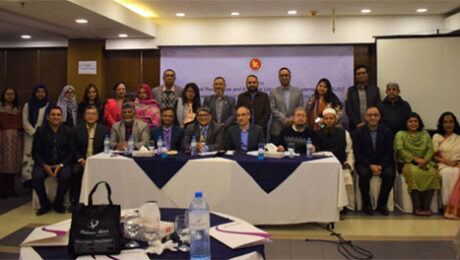Urban Anchal is a study looking at sustainable day-care for 1-4 year olds in disadvantaged urban communities in Dhaka, Bangladesh It aims to address the lack of safe, stimulating and health-promoting environments for adequate early childhood development (ECD). Urban slums provide a challenging environment for child health. With slum-dwelling women working long hours and
- Published in Health Systems, Our Work
No Comments
Background The Hajj is a massive pilgrimage that occurs once a year, involving two to three million individuals from more than 180 countries. Every year, around 120,000 pilgrims from Bangladesh perform the Hajj. One of the top causes of hospitalisation during the Hajj is acute asthma and its complications. One in five pilgrims with previously
- Published in Health Systems, Our Work
Creating responsive health systems: improving the use of feedback from service users in quality assurance and human resource management in Bangladesh. is a project that aims to assist policymakers in designing a comprehensive health-systems intervention to make Bangladesh’s health system more responsive. It will do so through assessing the current system of collecting, and
- Published in Health Systems, Our Work
The main objective of this World Health Organization (WHO) funded project was to identify the barriers and facilitators of physical activities to reach Global Action Plan on the prevention of NCDs in Bangladesh. The situation analysis also attempted to provide an overall view of the current scenario regarding the presence of physical activity as a
- Published in Health Systems, Our Work
Muslim Communities Learning About Second-hand Smoke (MCLASS-II) in Bangladesh is an effectiveness-implementation hybrid study funded by the Medical Research Council, UK. Its overall aim is to reduce the burden of disease due to second-hand smoke in low- and middle-income countries by discovering innovative community-based approaches to behaviour change. It will assess the feasibility and
- Published in Health Systems, Our Work
Improving primary health care using community clinics in rural Bangladesh is a project that aimed to improve the quality of care of children in community clinics through an intervention and evaluation study. The intervention contributed to a change in national policy and practice, with approximately 14,000 community health care providers nationwide given the job
- Published in Health Systems, Our Work
Under this study, a public-private partnership (PPP) was developed to help private medical practitioners (PMPs) implement a referral strategy between themselves and family planning centres. We assessed whether the PPP model was effective in increasing the use of long-acting reversible contraceptive methods (LARCMs) and acceptable to both public and private healthcare providers.Our findings revealed
- Published in Health Systems, Our Work
CHORUS is a Research Programme Consortium that brings together health researchers from South Asia, West Africa, and the UK. CHORUS works with communities, health professionals and city level decision makers to strengthen the urban health system, especially for the urban poor. ARK Foundation is currently implementing three projects under CHORUS. Project 1 aims to strengthen
- Published in Featured, Health Systems, Our Work







